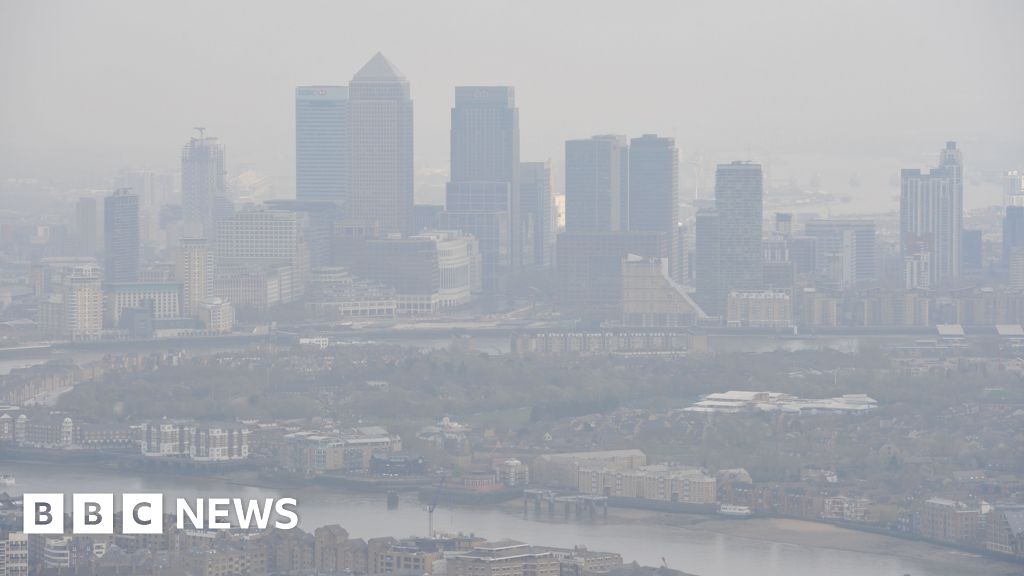Five new projects, each of will be led by UK universities and span three years, have been announced. Each project is aimed at supporting a more sustainable plastics system and helping the UK move towards a circular plastics economy, as well as cutting the huge environmental damage that plastics cause and increasing their longevity in use.
UKRI – UK Research and Innovation – has awarded the projects £6 million in funding, with the Engineering and Physical Sciences Research Council EPSRC) providing £5 million and the Biotechnology and Biological Sciences Research Council (BBSRC) £1 million.
The research topics are highly varied, ranging from the easier recycling of multilayer food packaging, of plastics incorporated in textiles, and of plastics used in pregnancy and other medical tests to the greener production, use and disposal of hygiene products such as disposable nappies and incontinence pads and the breaking down of used plastics into their chemical components for reuse in producing high-quality new plastics.
Hoped-for benefits from the projects include reductions in waste and pollution, less need to use resources such as virgin raw materials, and contributing to achieving net-zero carbon emissions. After all, the world produces 300 million tonnes per year of plastic. In the UK, 5 million tonnes per year of plastic are used, with 100 billion pieces of plastic packaging thrown away.
The five projects address substantial challenges in highly innovative ways, noted EPSRC interim executive chair Professor Miles Padgett.
“The potential prizes are huge: achieving a circular economy for plastics will unlock a host of vital environmental and economic benefits,” he said.
“Plastic pollution has devastating impacts on our environment and wildlife and I am determined that we move away from a ‘take, make, throw’ model and shift towards a circular economy for plastics, added environment Minister Rebecca Pow. “These ambitious projects will support our efforts to reduce the environmental damage caused by plastics and move towards a circular economy.”
The projects are, in brief:
- Achieving sustainability of absorbent hygiene products, led by Professor Mark Miodownik at University College London.The Comfort Loop is a University College London project to design a sustainable, joined-up system covering production, use and disposal of absorbent hygiene products in the UK. Focused on fundamental research with potential for practical impacts, the research will harness the expertise of the NHS, charities, the recycling sector and local government.
- A circular economy for medical testing plastics, led by Professor Andrew Dove at the University of Birmingham. Led by the University of Birmingham, this project will pioneer solutions that aid creation of a circular economy in medical testing plastics.
- A new approach to recycling multilayer packaging, led by Dr Agnieszka Brandt-Talbot at Imperial College London. In collaboration with academic, retail, recycling and packaging partners, Imperial College London will pursue a fresh strategy: integrating mechanical recycling methods with chemical and biochemical techniques (to dissolve glue and metals, for instance). This approach could have rich potential for extension to other waste streams too.
- Breaking down plastic waste quickly, cleanly and cheaply, led by Dr Daniel Slocombe at the University of Cardiff. Led by the University of Cardiff and involving a range of partners, the ONESTEP project aims to realise this vision. It will develop a one-step, microwave-based, zero-emission process that breaks plastics down in a greener, faster, more effective way than currently possible. It will also demonstrate how the materials recovered can produce high-quality new plastics.
- Transforming Textile Waste into Recycled Plastics, led by Professor Chenyu Du at University of Huddersfield.With key input from academic and industrial partners, a University of Huddersfield-led project will adapt two innovative processes to the recovery of polyester and cellulose from mixed cotton/polyester fibres. It will also demonstrate how they can be re-spun into new fibres for new textile products.
https://www.sustainableplastics.com/news/five-sustainable-plastics-research-projects-granted-ps6-million-funding




